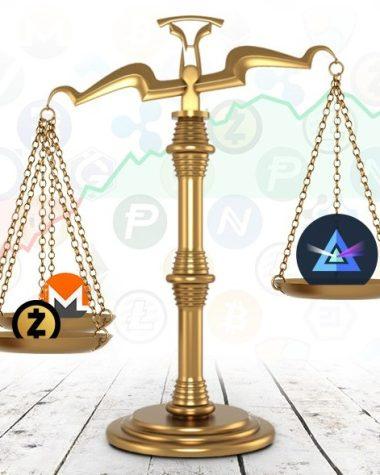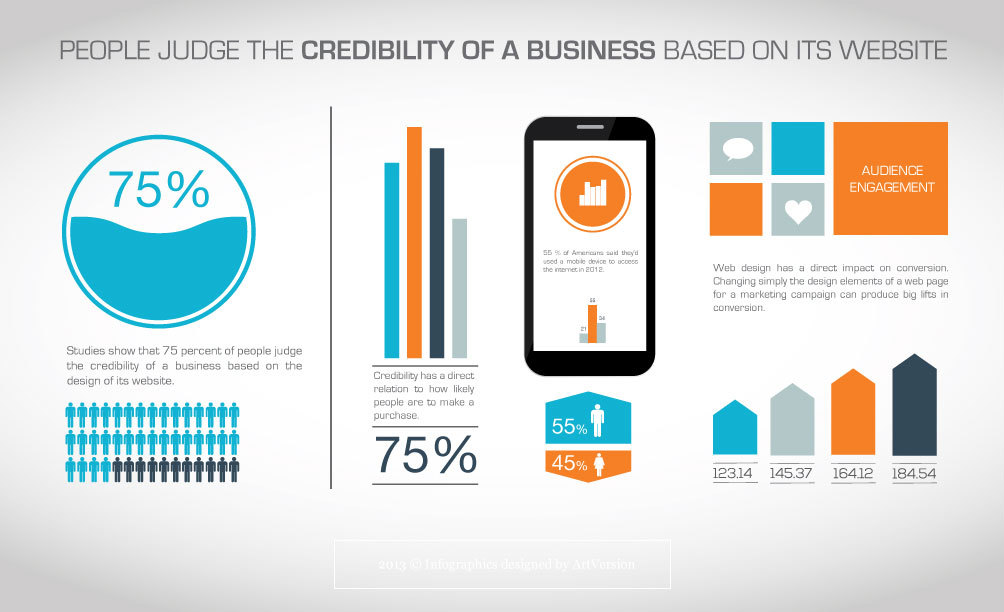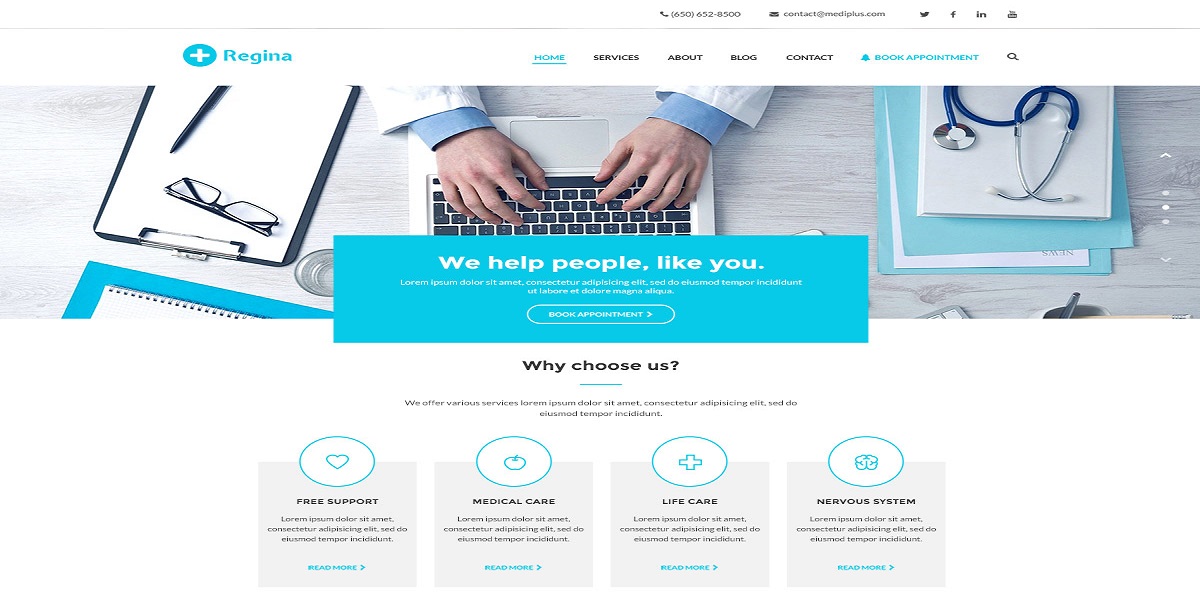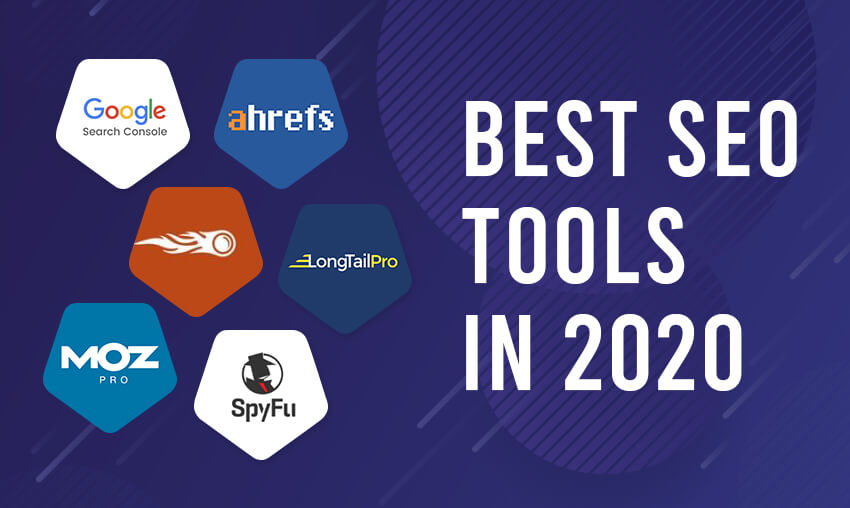Understanding Domain Authority (DA) and its role in search engine optimization (SEO) is crucial for businesses and website owners striving to improve their online visibility. Although it is not an official ranking factor used by search engines like Google, Domain Authority has become a widely recognized metric in the SEO community.
Developed by Moz, it predicts how well a website is likely to rank on search engine result pages (SERPs). This article explores the concept of Domain Authority, its calculation, and the ways it influences off-page SEO strategies.
The Concept of Domain Authority: An Overview
Domain Authority is a score ranging from 1 to 100, with higher scores indicating a greater likelihood of ranking well in search engine results. This metric was introduced as a comparative tool to evaluate the strength of a website’s backlink profile and overall authority.
A website with a higher DA score is generally viewed as more trustworthy and credible in its niche, which indirectly influences its visibility online.
The score is calculated using a variety of factors, including the quality and quantity of backlinks, the relevance of the referring domains, and other link-related signals. Importantly, Domain Authority is not static. It fluctuates based on the continuous changes in the web ecosystem, such as the creation of new high-authority websites or shifts in backlink profiles.
It is important to note that DA is relative. Comparing your DA score with competitors in your industry provides a better benchmark than aiming for an arbitrary number. For example, a DA of 50 might be exceptional in one niche but average in another with higher competition.
How Domain Authority is Calculated
Although Moz does not disclose the exact algorithm used to calculate DA, several known factors contribute to this score. Backlinks play a pivotal role, with an emphasis on their quality rather than quantity.
A backlink from a high-authority, well-regarded website carries more weight than numerous links from low-quality or spammy sites.
The diversity of referring domains is another critical aspect. Having multiple backlinks from different reputable sources is far more valuable than a concentration of links from a single website. This diversity indicates a broader level of trust in your content and site.
Other contributing factors include the relevance of linking domains, the anchor text used in backlinks, and the overall structure of a site’s link profile. A clean, spam-free profile with naturally earned links contributes positively to a higher DA score.
It is also influenced by the historical performance of the website, such as how long it has been active and consistently providing value to its audience.
Domain Authority and Off-Page SEO
Off-page SEO refers to all activities performed outside a website to improve its ranking on SERPs. This includes building backlinks, engaging with audiences on social media, influencer outreach, and other promotional efforts.
Domain Authority plays a significant role in shaping off-page SEO strategies, primarily through its reliance on link-building.
The Role of Backlinks in Building Domain Authority
Backlinks remain one of the most powerful off-page SEO signals. However, the quality of these links directly impacts your Domain Authority. Earning links from authoritative sites within your industry signals to search engines that your website is credible and worth referencing.
When developing an off-page SEO strategy, focusing on acquiring backlinks from websites with high DA scores can significantly enhance your own site’s perceived authority.
For instance, guest posting on industry-leading websites, collaborating with influencers, or earning mentions in reputable online publications are effective ways to secure high-quality backlinks.
Additionally, creating shareable, high-value content such as comprehensive guides, case studies, or infographics can naturally attract links from other websites, boosting your DA score.
Social Signals and Domain Authority
Although social signals—likes, shares, and comments on platforms like Facebook and Twitter—do not directly influence Domain Authority, they can amplify your off-page SEO efforts.
High levels of engagement on social media can lead to increased visibility and the potential for more backlinks. When your content is widely shared, it reaches a larger audience, increasing the likelihood of earning links from authoritative sites.
Competitor Analysis and DA Benchmarking
Analyzing competitors’ Domain Authority can provide valuable insights into your off-page SEO strategy. By identifying the types of sites linking to your competitors, you can uncover new opportunities for building backlinks.
Tools like Moz’s Link Explorer or Ahrefs allow you to compare DA scores, backlink profiles, and referring domains to refine your link-building strategy.
Moreover, setting realistic goals based on competitors’ DA scores helps prioritize efforts. If your website’s DA is significantly lower than your competitors, it may indicate the need for a more aggressive off-page SEO campaign.
Challenges and Misconceptions About Domain Authority
While Domain Authority is a useful metric, it is essential to approach it with a nuanced perspective. One common misconception is that a higher DA score guarantees better rankings.
However, search engines like Google do not use DA as a ranking factor. Instead, they consider hundreds of other signals, including user experience, on-page SEO, and content relevance.
Another challenge lies in improving Domain Authority, which is often a slow and complex process. Since it relies heavily on building a strong and diverse backlink profile, the efforts required can be resource-intensive.
Additionally, sudden drops in DA can occur if spammy links are detected in your profile or if new competitors emerge with higher authority. Regular monitoring and maintenance of your backlink profile are critical to sustaining a healthy DA score.
Practical Steps to Enhance Domain Authority
Improving Domain Authority is a long-term endeavor that requires consistent effort. A comprehensive off-page SEO strategy should prioritize earning high-quality backlinks, maintaining a natural link profile, and avoiding black-hat SEO practices.
Collaborating with reputable websites, engaging in relevant online communities, and creating link-worthy content are effective ways to boost DA over time.
Moreover, ensuring technical SEO elements are optimized can indirectly support your DA. A well-structured website, fast loading times, and mobile-friendly design contribute to a better user experience, encouraging other sites to link to your content.
For those seeking professional assistance in optimizing their website’s off-page SEO and improving their Domain Authority, www.optimizare.site offers tailored solutions designed to deliver measurable results.
The Bigger Picture: DA as Part of SEO Strategy
While Domain Authority is a valuable indicator of a website’s potential performance in search results, it should not be the sole focus of an SEO strategy. Balancing on-page and off-page efforts, along with a commitment to providing high-quality, user-centric content, is crucial for long-term success.
By understanding and leveraging Domain Authority as part of a broader SEO approach, website owners can build a strong foundation for sustained visibility and growth in the ever-evolving digital landscape.








